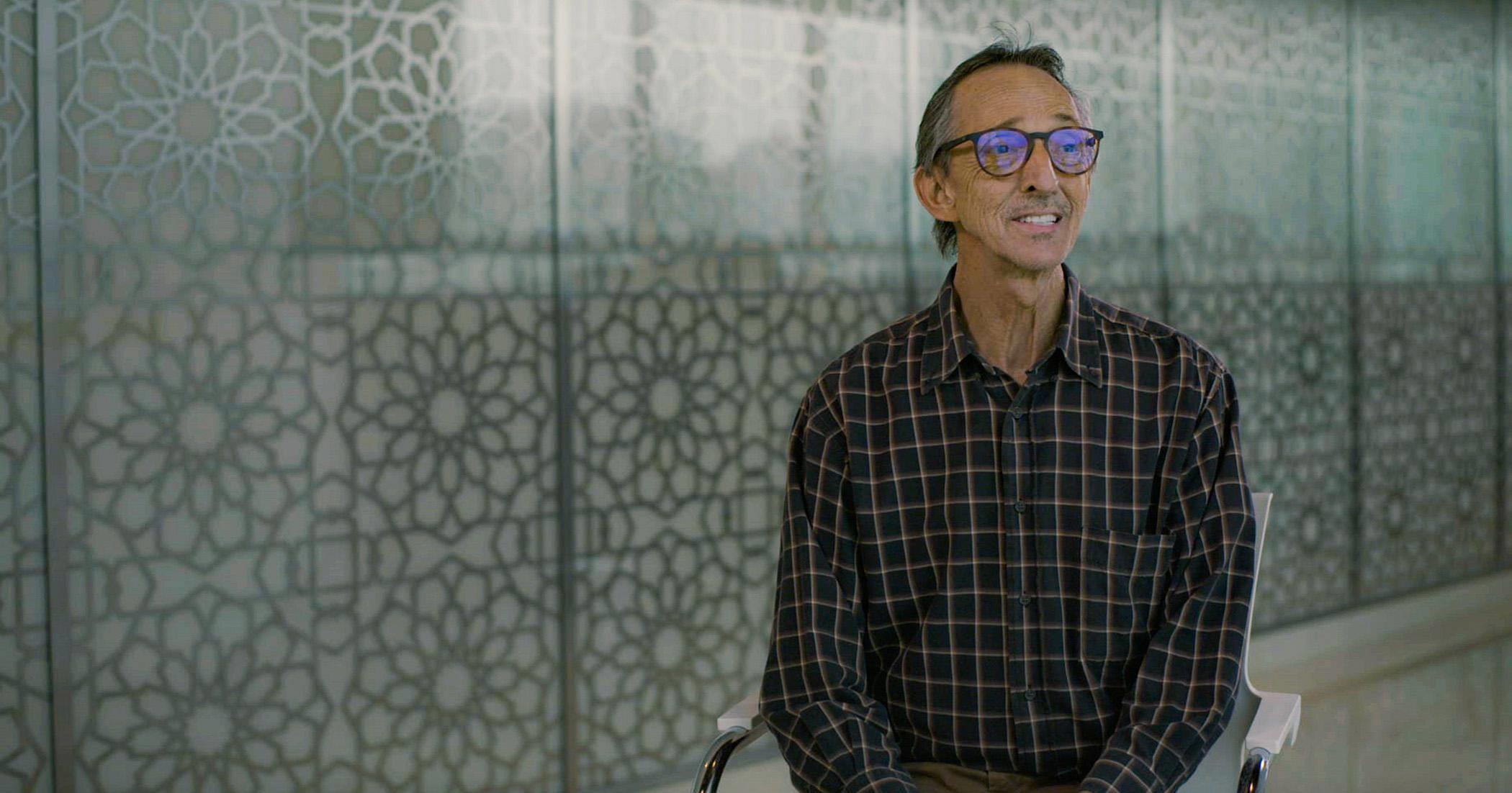
UAE: Teacher back to life after most of his liver removed in rare surgery
(MENAFN- Khaleej Times) In November last year, when Dale Yost felt a sudden itch all over his body, little did he suspect that it could be anything more than a simple skin problem.
The 66-year-old resident thought that pills and creams prescribed by a dermatologist would solve the problem.
But when the itching persisted, he began worrying. His worries proved right. Blood tests and scans done at the hospital revealed that he was suffering from gallbladder and bile duct cancer.
'It sounds so strange that an itch can be a sign of cancer, said Yost. 'They could tell by the scans that my bile ducts were plugged and so all the bile was building up in my body and causing jaundice and itchiness. The doctors twice tried to put stents so that the bile could flow into the small bowel again, but with no luck.
He said they then tried a biliary drain, a procedure where bile is collected in a bag outside the body. 'I had that pouch on me for a couple of weeks before the hospital recommended that I transfer to Cleveland Clinic Abu Dhabi for the complex surgery to remove the cancer.
Successful treatment
Dr Naveed Ahmed, hepato-pancreatico-biliary surgeon (liver, pancreas and bile duct) at the Digestive Disease Institute at Cleveland Clinic Abu Dhabi who treated Yost with a multidisciplinary team of physicians, dieticians and wound care nurses in November 2020, said their attempt to clear the blocked bile ducts and relieve the symptoms of jaundice with stents was a success. This approach was necessary to continue his treatment to remove the cancer.
The team had to carry out a central hepatectomy, where they had to not only remove the bile duct and gallbladder completely, but also had to resect three-quarters of Yost's liver to cure him.
'About 90 per cent of gallbladder cancers are unresectable, so treating Dale with this procedure is quite uncommon. The surgery required a lot of technical capability and a team with expertise in interventional radiology, advanced endoscopy, gastroenterology and wound care.
Dr Ahmed explained that the decision to remove such a significant portion of the liver is only done in rare cases.
'If the tumour is on the periphery, you only need to remove the diseased portion, but for central tumors, we have to remove the healthy part of the liver as well to prevent it from spreading.
The liver is the only organ in the human body that can regenerate. But Dr Ahmed said that depends on how much of the liver can be saved.
'If the remnant is small for the size of the patient, it can be fatal. In Yost's case, where the cancer had spread outside the liver, a transplant was not an option either. We were lucky that we could preserve a healthy portion, making it possible to save his liver.
Yost's liver-related tests show that his liver has grown to a normal size and is functioning at an optimum level. He is now undergoing chemotherapy to treat the cancer in his lymph nodes.
Yost, who is a father of three and grandfather to 10, plans to retire at the end of the year. He said that his family wanted him to return to his home in Canada earlier for treatment.
'If this had happened back home, I would have avoided seeing a doctor because of the wait times to get an appointment. The healthcare in Abu Dhabi, and Cleveland Clinic Abu Dhabi in particular, is superior. You just walk in and an integrated team of physicians, surgeons, dieticians and wound care nurses are by your side to aid your recovery.
Click/tap here to subscribe to Khaleej Times news alerts on Telegram.
Legal Disclaimer:
MENAFN provides the
information “as is” without warranty of any kind. We do not accept
any responsibility or liability for the accuracy, content, images,
videos, licenses, completeness, legality, or reliability of the information
contained in this article. If you have any complaints or copyright
issues related to this article, kindly contact the provider above.

















Comments
No comment